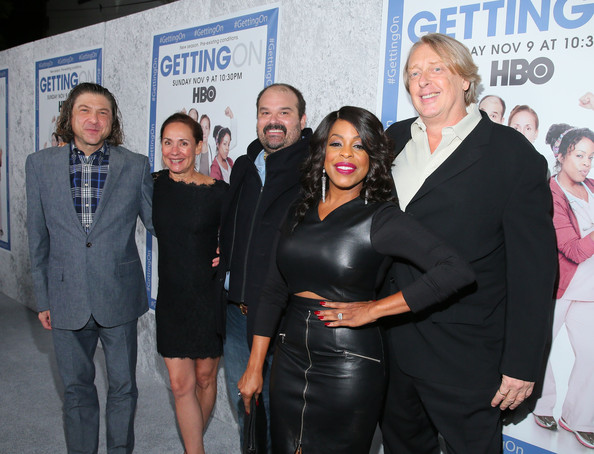Top Ten Tips on Choosing an Agent
Congratulations! You just might have found an agent. You just got a response from your brilliant query or pitch, and an agent is interested in representing you! Hallelujah! Do the happy dance but don’t lose your common sense!
In my book, The Savvy Screenwriter, I write:
When I first got into the film business I uncharacteristically lost my common sense. I didn’t trust my rational gut instincts. Why? I wanted to write. I wanted to see my scripts made into films. If someone had asked me to jump, I would have asked not only, “How high?” but also, “For how long?” Whether dealing with an independent production company, a studio, or agent, I was putty in their hands.
I didn’t ask agents how they planned on working with me or how they thought they could sell my work. (I was represented by agents who wanted me as part of their stable of writers, but they didn’t really know how to place my work. Because I never asked what type of scripts they actually sold, or if any of my scripts might be submitted as writing samples to companies, or if I should write another script in a different genre to show my diversity, or offered suggestions as to where to submit my scripts, I never got hired for assignments and didn’t sell one script.) By not asking questions, I often worked with people who didn’t share my vision of my work or career. If you don’t ask questions, you might just repeat my mistakes!
Top Ten Tips on Choosing an Agent
- Choose an agent who is signatory to the Writers Guild of America (wga.org). Guild signatory agents must abide by rules that will best protect you, including fees they charge for both selling your work and finding you writing assignments.
- Research the agent to confirm his or her real film industry connections. You want an agent who has established and extensive contacts in the industry in order to increase that agent’s opportunities to sell your spec script and/or find you writing assignments.
- The prospective agent should share your sensibility and vision. If he or she doesn’t really understand you and your work, (and certainly vice versa) this relationship will likely not benefit either one of you.
- Don’t be afraid to ask agent questions, including what their game plan is for you and your work, and where they intend to submit your projects.
- If the agent represents many writers (maybe too many writers) whereby the ratio of writers to agents is high, (for example more than fifty writers to one agent), than you might want to question whether you’ll get enough attention.
- The agent / writer relationship is a business relationship, not a friendship. You may like the prospective agent personally, but honestly consider if he or she is truly the best person to represent you.
- Ask the prospective agent how you will be working together. For example: Calling or e-mailing an agent once a week or biweekly and scheduling strategy meetings every few months is a reasonable request.
- Agents who represent clients who are working steadily, is a positive reflection on the agent’s ability and clout in the film industry.
- Ask the prospective agent if he or she will read your new work, and if so, how long you should wait until receiving feedback.
- My best advice: Trust your instincts to determine if the potential agent is the best person to champion you and your work.
Remember…Don’t lose your common sense! It’s great news that an agent has expressed interest in representing you, but do not jump into a relationship without making sure the agent is a good fit for you and your work.








